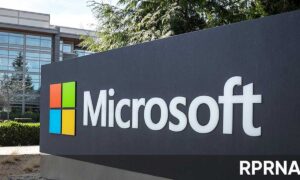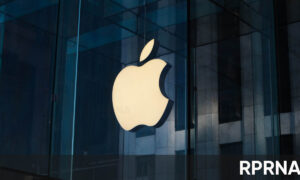A recent executive briefing released by data storage industry analysis company Trendfocus said that OEMs have disclosed that Microsoft is pushing them to abandon mechanical hard disks (HDDs) as the boot disks for pre-installed Windows 11 PCs. Moving to solid-state drives (SSDs), the current deadline for the switch is 2023.
Microsoft isn’t currently listing any explicit SSD requirements for Windows 11 PCs, though, and Tom’s Hardware reached out to Microsoft for comment on the matter, but the company said it “has nothing to share on this issue at this time.”
JOIN US ON TELEGRAM
Microsoft’s latest list of hardware requirements calls for a “64GB or larger storage device” for Windows 11, so a solid-state drive isn’t a minimum requirement for a standard installation. However, Microsoft stipulates that the DirectStorage and Windows Subsystem for Android features require SSDs, but you don’t have to use those features.
The move to force OEMs to use SSDs instead of HDDs as boot disks makes a lot of sense from a performance standpoint. SSDs are significantly faster than HDDs for operating systems, providing a faster and smoother user experience. Many laptops and desktops are already equipped with SSDs as boot disks, however some low-end models, especially in developing/emerging markets, still use HDDs as boot devices.
 The issue of switching all systems to SSDs comes down to cost, with Trendfocus VP John Chen saying a 1TB HDD costs about the same as a 256GB SSD, but OEMs think the latter isn’t enough capacity for most users.
The issue of switching all systems to SSDs comes down to cost, with Trendfocus VP John Chen saying a 1TB HDD costs about the same as a 256GB SSD, but OEMs think the latter isn’t enough capacity for most users.
John Chen also said: “According to our discussions with OEMs, the original change date was this year, but it has been pushed to sometime next year (I believe it is the second half of the year, but the exact date is not clear).”
Moreover, most PCs in developed markets have transitioned to SSDs as boot disks, but there are exceptions. As the table above shows, even though the price of SSDs has dropped rapidly in previous years, HDD storage is still far less expensive than SSDs today.
It’s unclear what action Microsoft will take against OEMs if they don’t comply with its wishes, and the company has decided not to comment on the matter. Trendfocus said the switch will have an impact on demand for hard drives next year.








